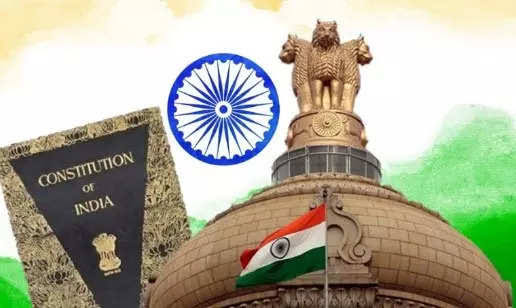


The Supreme Court on Friday sought the response of the Central government on a plea challenging the continuation of the hereditary office of the 'Prince of Arcot' despite the abolition of titles and privy purse by the Constitution of India [S Kumar Velu vs Union of India and Ors].A bench of Justices PS Narasimha and Aravind Kumar issued notice on the plea filed in 2020 against a Madras High Court order dismissing the same.The public interest litigation petition filed by one S Kumarvelu filed through advocate Vishnu Shankar Jain argued that the British in a bid to gain support, bestowed special status, grants and titles upon certain individuals or families leading to the creation of the hereditary office of the Prince of Arcot.The petitioner contended that such special status cannot continue after the enforcement of the Constitution of India.The hereditary office of Prince of Arcot was established by a Letters Patent dated August 2, 1870.As per the petition, the Government of India misinterpreted the terms of the Letter Patent and continued to confer the title of Prince of Arcot and financial grants in violation of the terms stipulated in the Letters Patent.Hereditary title became unenforceable and void with the enforcement of the Constitution of India on January 26, 1950, it was submitted.Additionally, the petitioner highlighted Article 18(1) which expressly prohibits the conferment of titles by the State.Such titles are also in direct contradiction to the principles of equality enshrined in Articles 14, 15, and 16 of the Constitution, it was argued.The plea also raised grievance regarding the interpretation of the Constitution after the abolition of privy purses in 1969 and the legitimacy of providing public resources including a palatial building to the current holder of the title.Further, the petition also delved into historical context, citing the suppression of the 1800 Vellore Revolt and the alliance between the British and the Prince of Arcot.The petitioner questioned the rationale behind extending privileges, honors and financial support to just the Prince of Arcot considering that other rulers had relinquished their kingdoms and privileges
TAGS: Supreme Court Hereditary Office Prince of Arcot